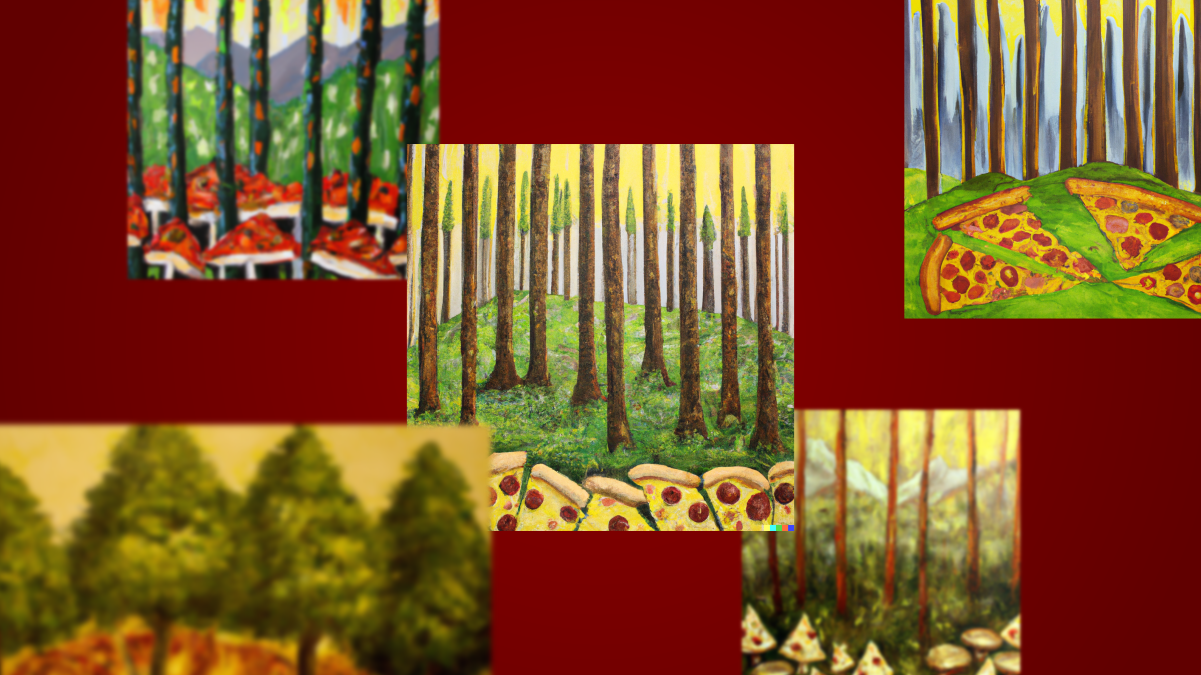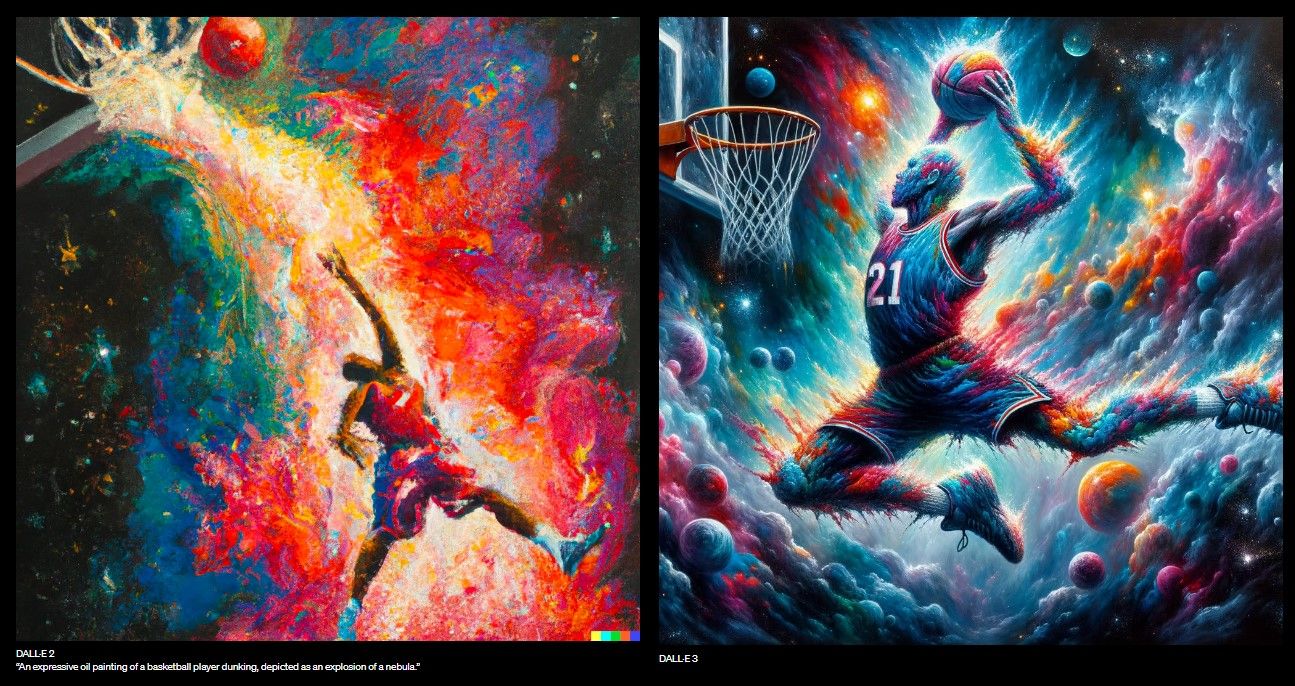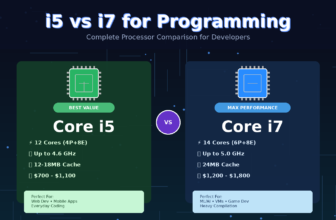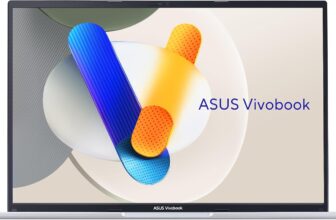
The rise of the generative AI era has not come without its many controversies and concerns, especially the image-generating side of it. Image generation tools like Stable Diffusion and DALL-E rely on a database of human-made art, most of which was indexed without the artist’s knowledge. OpenAI has released the latest version of DALL-E, DALL-E 3, and it’s trying to toe the line between better image generation and respecting the artists that make it possible.
One of the most notable improvements in DALL-E 3 comes in the way it interprets words and prompts. Now, with DALL-E 3, OpenAI says that learning to write complex prompts might not be as necessary anymore, as DALL-E 3 does its best to adhere to the text you give to it. And even when given the same prompts, DALL-E 3 should be able to provide much better-looking images. DALL-E had become kind of an ugly duckling compared to other AIs such as Stable Diffusion and Midjourney, and with this update, while it might not 100% catch up, you should still be getting usable images more often.
One of the biggest priorities with DALL-E 3, however, is cutting down on harmful image generation. One of the more dangerous aspects of image-generating AI is its capacity to imitate the artistic style of certain artists, as well as its ability to depict public figures. Both things have caused trouble a few times now — Stability AI, the maker of Stable Diffusion, are being sued by Getty Images because of the AI allegedly scraping images without permission, and it has also gotten involved in a class-action lawsuit on behalf of three artists because it’s able to use their work and break copyright in the process.
As such, DALL-E 3 will decline requests that ask for a public figure by name, and will also decline requests to generate images using the art style of a living artist. It likely won’t be perfect, and some people will probably still be able to circumvent the AI’s restrictions as it has happened countless times in the past.
DALL-E 3 will be available to ChatGPT Plus and Enterprise users starting in October, so you’ll soon be able to play around with this.
Source: OpenAI







